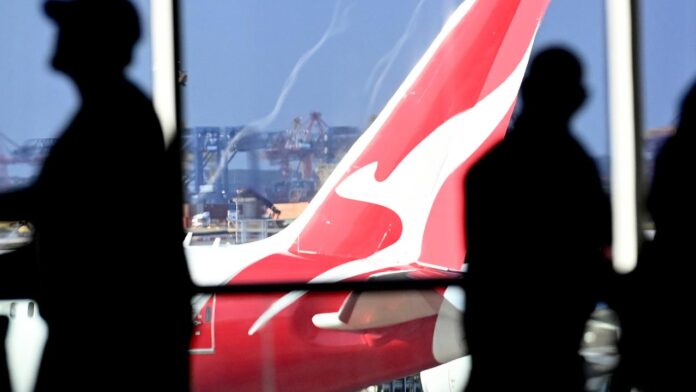[ad_1]
A major visa program targeted to attract wealthy investors to Australia has been quietly scrapped.
Home Affairs Minister Clare O’Neil told NCA NewsWire on Monday why she made the decision to pull the trigger on the Business Innovation and Investment Program (BIIP), a scheme introduced in 2012 in a bid to attract high-net individuals into the country.
The program’s significant investor stream also known as the “golden ticket” visa allows foreign nationals to stay in Australia for up to five years if they invest at least $5m in approved investments
It has been long critiqued as a way of fast-tracking Chinese millionaires into Australia, with the cohort making up over 85 per cent of successful applications.
The visa subclass was given the number 888 – which signifies triple good luck in Chinese numerology.
Ms O’Neil said the recent changes were a part of an overhaul of Australia’s “broken” migration system.
“It has been obvious for years that this visa is not delivering what our country and economy needs from a migration system,” Ms O’Neil said.
“The investor visa is one of many aspects of the system which are reforming to create a system which delivers for our country.”
The BIIP program was first launched in 2012 by then-Minister for Immigration and Citizenship Chris Bowen and was initially split into two categories, the Business Innovation Stream and investor streams.
The investor and significant Investor streams were made available to people who invested $2.5 million or $5 million in Australian investments.
More than 100,000 overseas migrants have used one of the BIIP streams to gain residency in Australia since 2012, according to the Home Affairs department.
Recent migration trend data shows that people from China accounted for over fifty per cent of all BIIP visa places in 2022-23, followed by Iran and Hong Kong.
The Australian first revealed on Monday that applications for the entire BIIP program had closed in lieu of an official announcement from the federal government.
Ms O’Neil’s comments came after Opposition Immigration spokesman Dan Tehan demanded that she and Immigration Minister Andrew Giles issue a detailed explanation as to why the program was abolished.
“It just seems that everything they’re doing in immigration at the moment is a mess,” Mr Tehan said.
“So we’d like to hear from the Minister for Immigration Andrew Giles or Clare O’Neil today. Have they scrapped it? If so, what are the reasons and what are the serious integrity issues?”
A Grattan Institute report released in 2022 said visa holders coming through the program brought fewer benefits than skilled migrants because they are “older, speak little English, and earn lower incomes.”
“Abolishing the BIIP would boost the lifetime fiscal dividend from each year’s migrant cohort by at least $3.7 billion,” the report said.
A government review on the program published in March last year estimated the lifetime economic contribution of BIIP holders at $600,000, less than half the $1.6m of Australians.
Labor revealed its plans to rehaul Australia’s migration system in December last year which seeks to tighten visa processes for migrant workers and international students.
Under the strategy, a new “skills in demand” visa will be rolled out in late 2024 to draw in highly skilled migrants into industries facing critical worker shortages.
The visa will permit holders to change employers and still retain residency in the country.
Australia’s net migration levels are believed to have peaked last year at 510,000, and are expected to lower to 375,000 in 2024, and 250,000 in 2025.
[ad_2]
Source link


